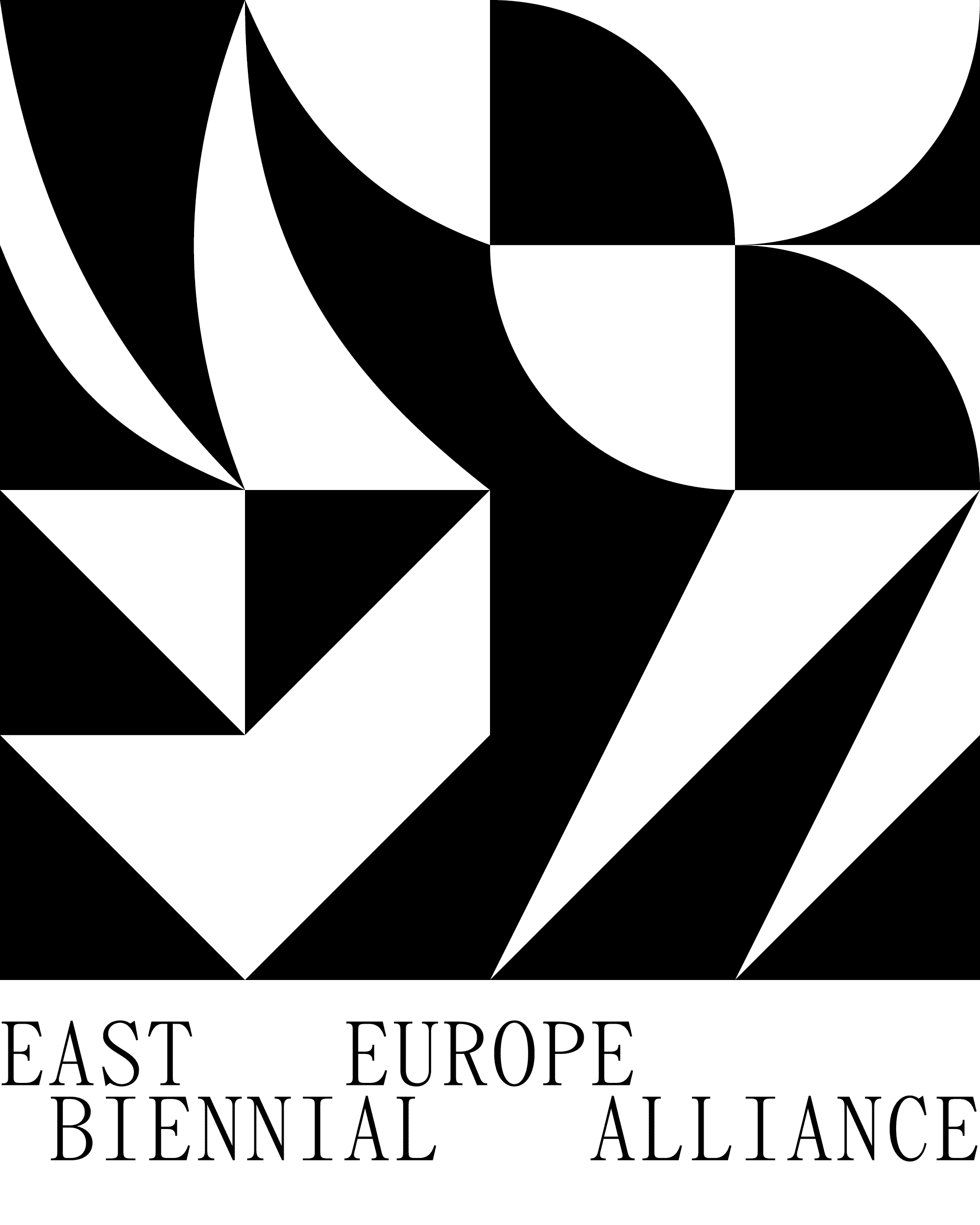

The newly established East Europe Biennial Alliance (EEBA) is comprised of Biennale Matter of Art Prague, Biennale Warszawa, Kyiv Biennial, OFF-Biennale Budapest, and Survival Kit Festival Riga. As contemporary biennials have become an important vehicle placing art in new contexts and reaching new audiences, the Alliance is designed to enhance the role of biennials in shaping new forms of international solidarity, expanding socio-political imagination, and developing alternative cultural solutions. Through connecting aesthetics and politics in a strategic manner, the Biennial Alliance aims to propose a different narrative of the East European region and redefine the way cultural institutions collaborate.
The creation of such an international inter-biennial Alliance sets an important institutional precedent as a contraposition in culture to the ideological trends that define, in particular, the political state of affairs of Europe’s East. Over the last decade, this region has become a battleground for proxy wars and an authoritarian right-wing populism as a general upcoming prospect. In the political context buttressed with growing nationalistic tendencies, hardening of borders, narrowed public space, and vulnerability of the civil realm, the conglomerate of biennial organizations presents the generative power of a self-critical institution that enacts the biennial format as an artistic tool for political emancipation.
East European biennials have emerged as a new phenomenon related to the biennalization of contemporary art. At the same time, they differ from the established biennials in the main centers of the art world. They operate under precarious conditions with limited possibilities, oftentimes without city or state support, though speaking explicitly on the political situation in which they find themselves. They are grassroots endeavors conducted by local collectives with curatorial strategies deeply grounded in the current socio-political realm. The Biennial Alliance supports each other’s curatorial work and exchange through sharing experience related to ways of communication with city/state representatives, relationship with the audience, and strategies to reach it through socially critical projects as well as experience with art projects in public space.
The Alliance is the first network of its kind that brings together perennial events to develop a shared vision and regional collaboration producing cross-border meetings, public events, and working on the common agenda for upcoming years. Based on current political constellations, it attempts to rethink the biennial format as a committed institutional practice working with contemporary art practitioners from various backgrounds. The Alliance’s activities are envisioned to be conceived and carried out on a joint basis by the respective member institutions. The Alliance is set up to lay the foundations for a network of both (infra)structural and thematic support that could function beyond the individual biennials while still being its point of origin, with a possibility to expand its membership through including other biennials in the region as well as similar cultural initiatives.
The East Europe Biennial Alliance in its actions complies with the vision of politics, society, and culture beyond the nation-state. Through a number of artistic events, exhibitions, public programs, and the creation of a long-term collaboration mechanism, the Alliance attempts to discover the potential of cities in creating non-authoritarian cultural policies and finding ways to oppose the visions of culture based on a narrowly understood national identity. Establishing infrastructure for such inter-metropolitan cooperation prepares the conditions for multilateral activity in the region and beyond, bringing urgent topics from single agency to the international level. The creation of translocal knowledge within the Alliance through interconnecting the experiences and prospects of East Europe after the disillusionment of neoliberal transformation would contribute to imagining an alternative European project for the future.
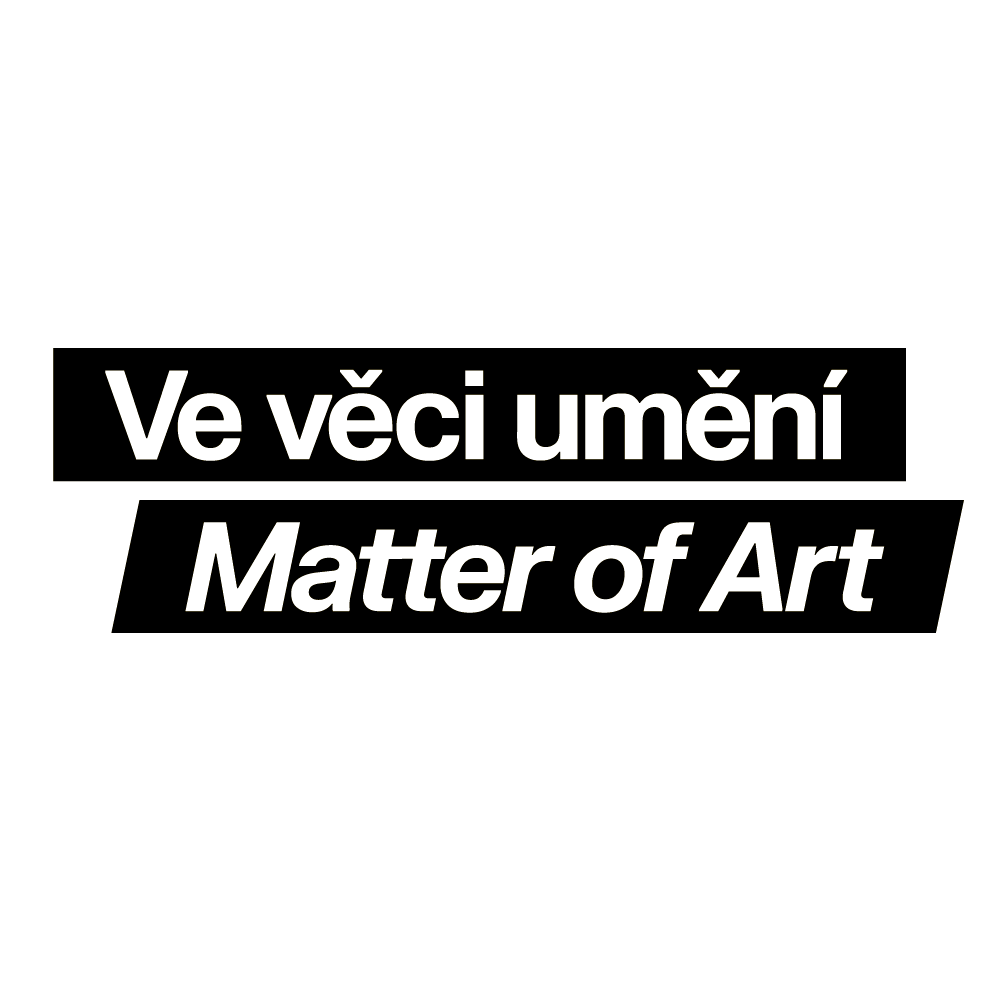

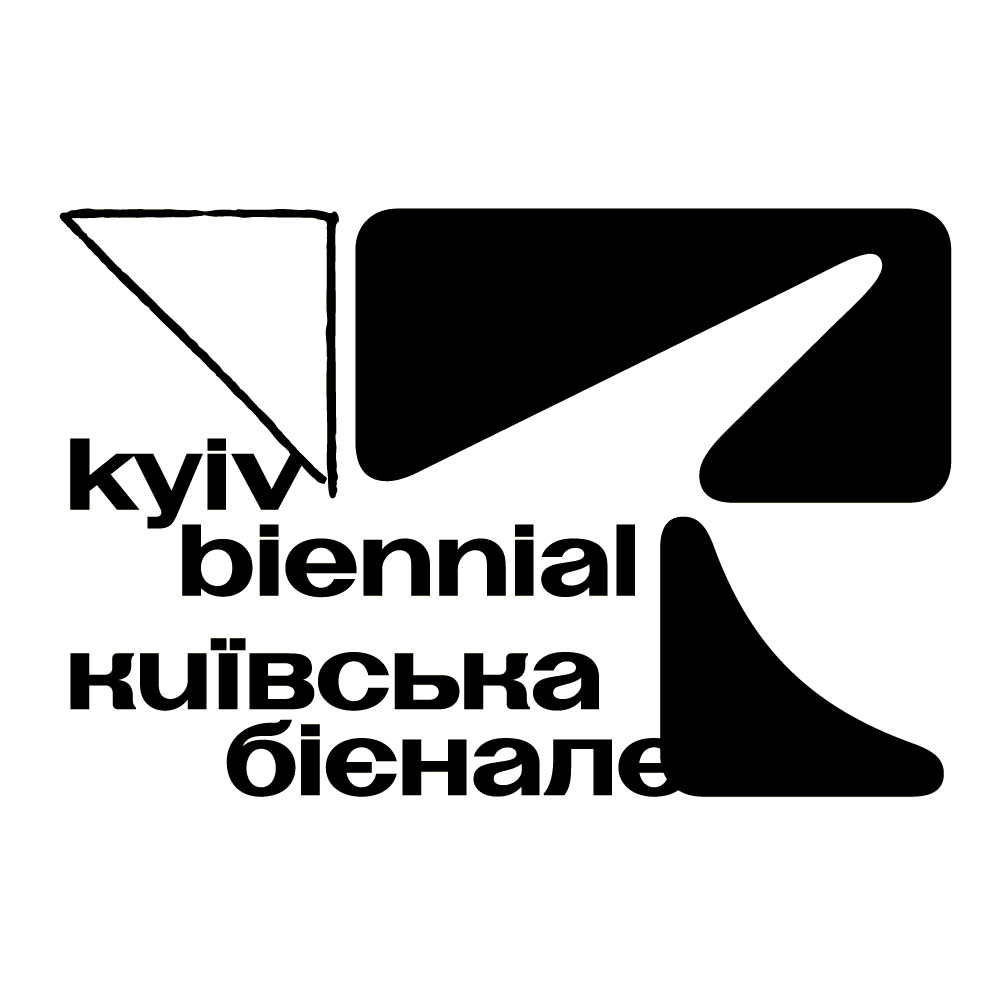
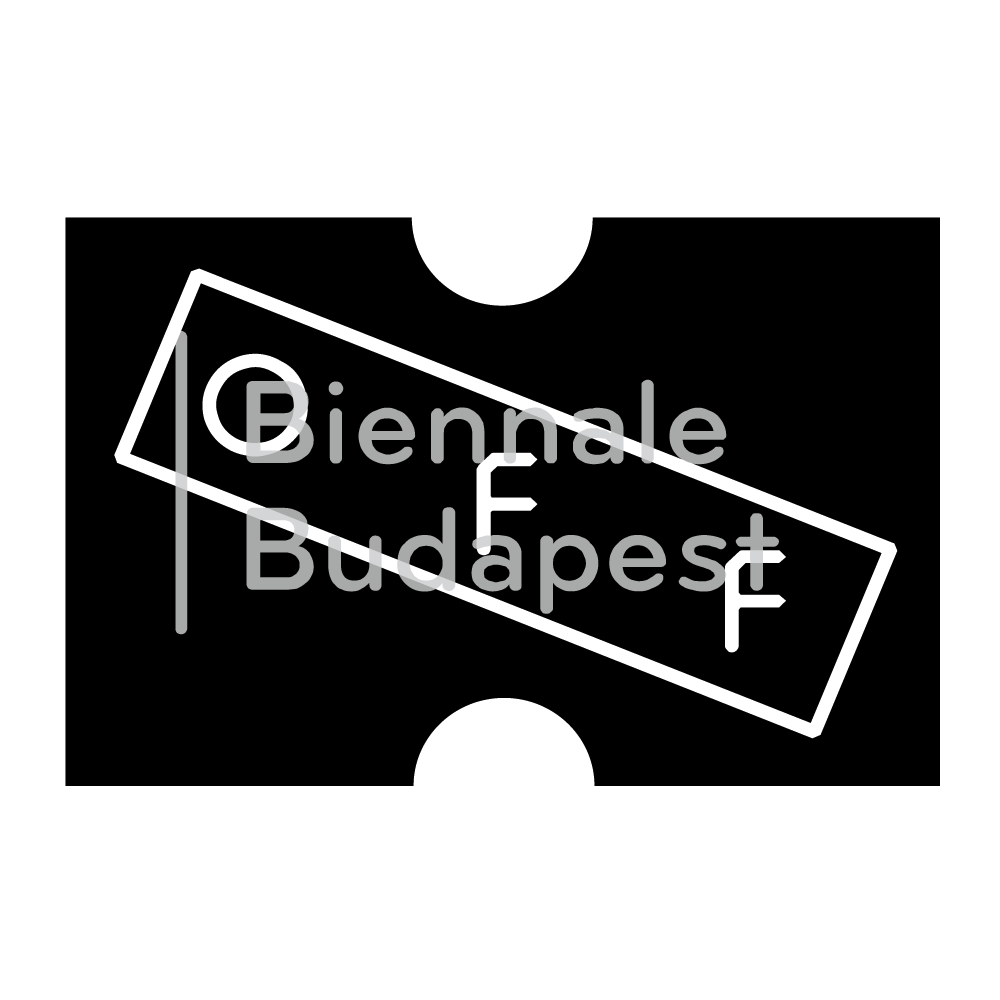
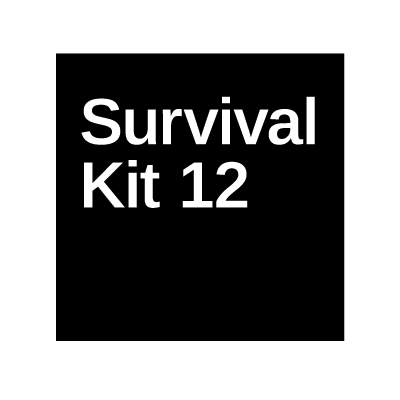
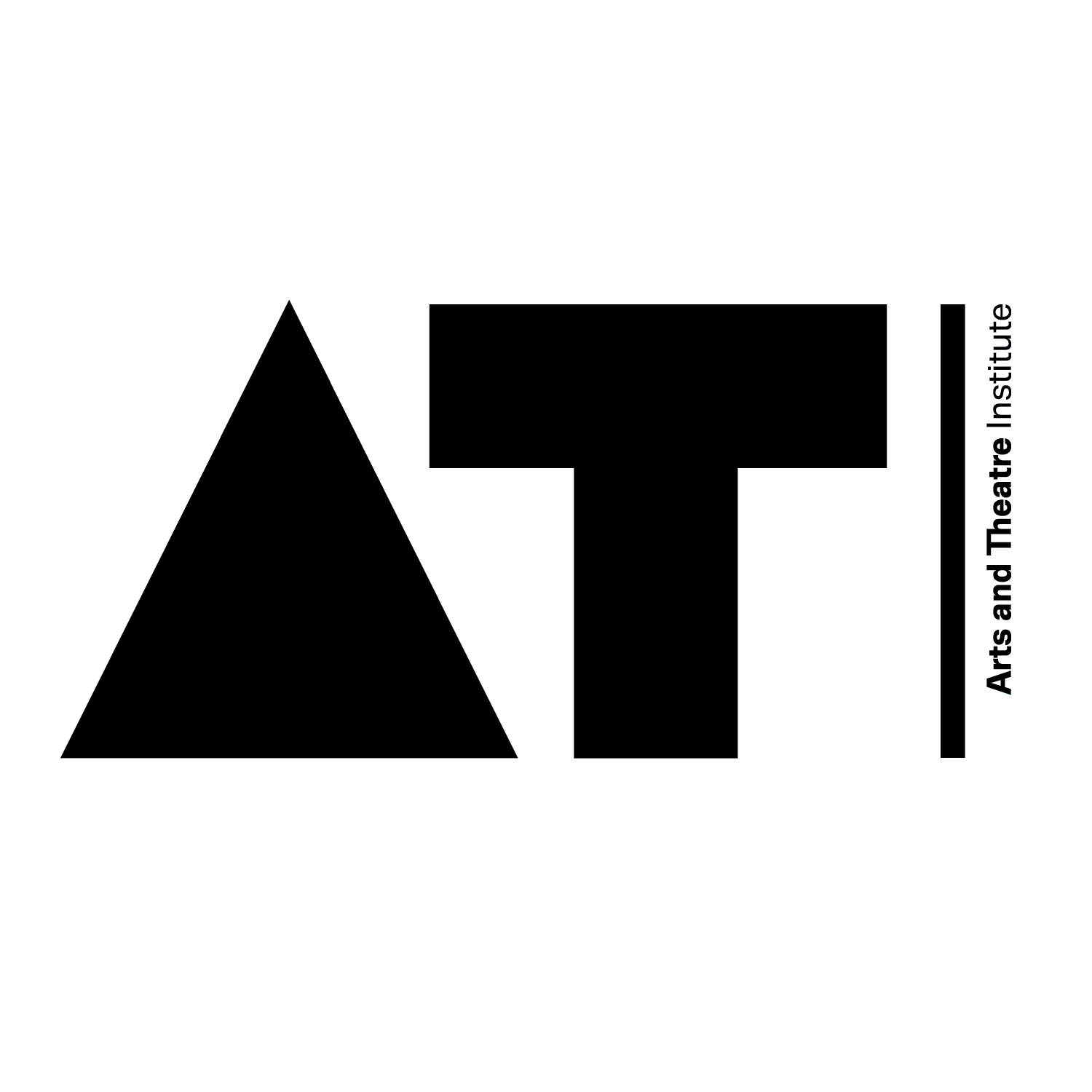






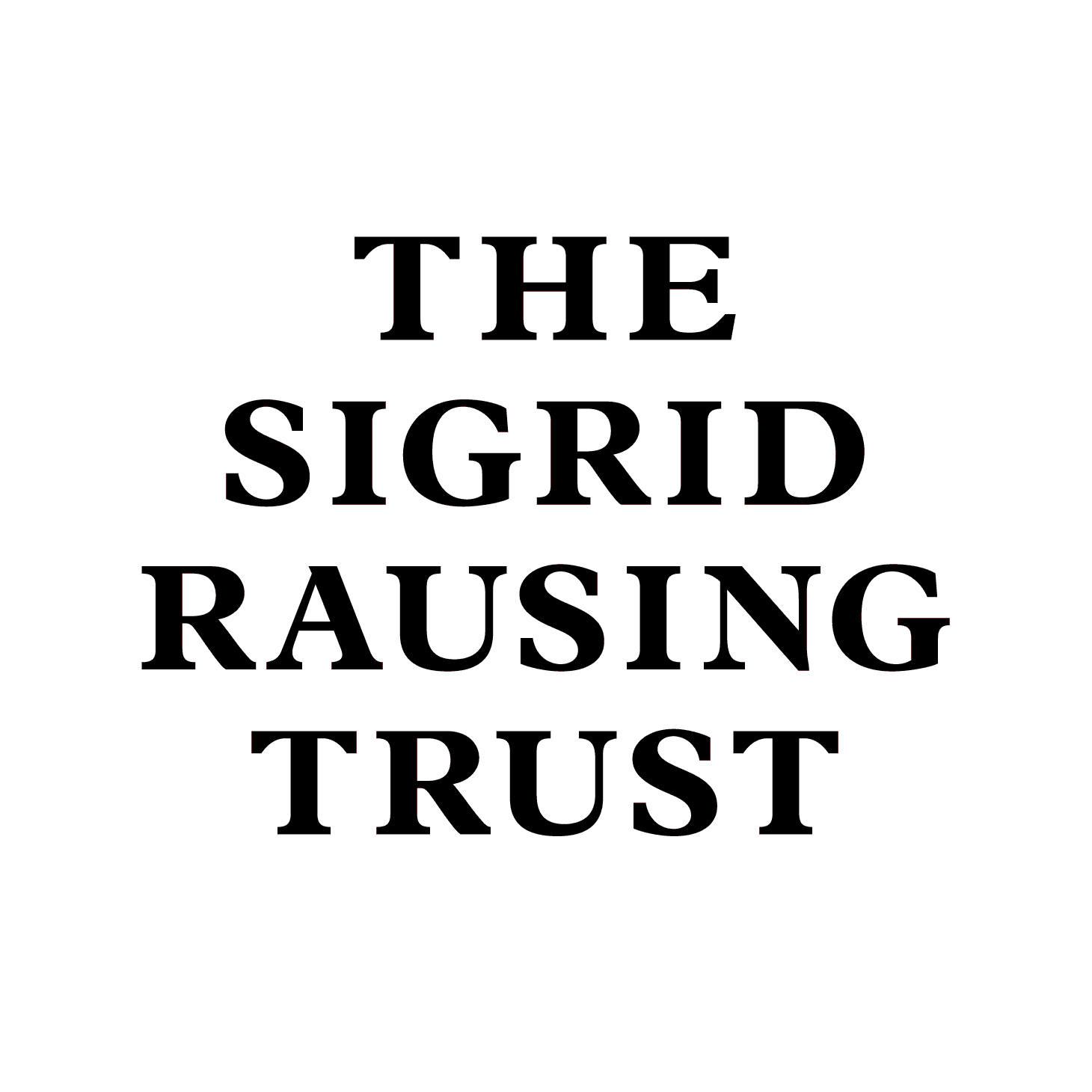



Credits
Graphic Concept and Design: Wolfgang Schwärzler
Website Implementation: Stella Friedenberger and
Benedikt Rottstegge
Headline Typeface: Panama Monospaced Regular
Body Typeface: Gräbenbach Regular and Mono Regular
© East Europe Biennial Alliance, 2020